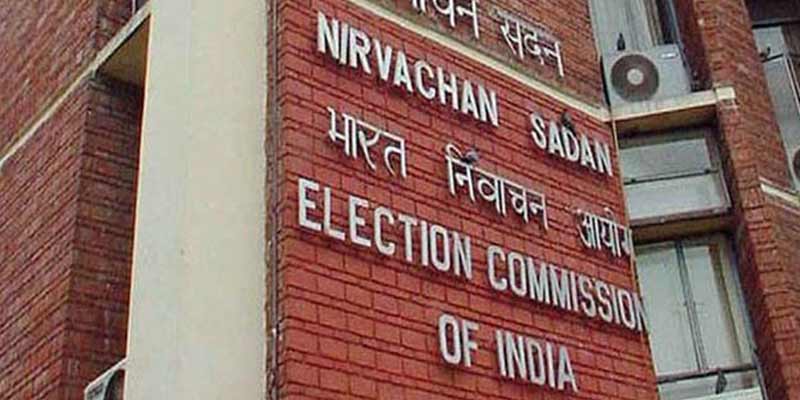- India
- Feb 19
- Mathew Gregory
Delimitation process of UT of Jammu & Kashmir
Delimitation Commission comprising of Chairperson Retd. Justice Ranjana Prakash Desai, Ex-Officio Member Shri Sushil Chandra (Election Commissioner) and Ex-Officio Member, Shri K.K Sharma (State Election Commissioner, J&K) today held a meeting in New Delhi with the Associate Members from Union Territory of Jammu and Kashmir, for seeking their suggestion/views on the process of delimitation in respect of Union Territory of Jammu and Kashmir.
Highlights
• An overview on the process of delimitation based on the Jammu and Kashmir Reorganization Act, 2019 and Delimitation Act, 2002 was presented before the Members detailing various Sections of these Acts related to the delimitation exercise of Union Territory of Jammu and Kashmir.
• The two Associate Members appreciated Commission’s efforts and suggested that delimitation of Constituencies shall be as far as practicable, be for geographically compact areas.
• While delimiting such areas, regard shall be given to physical features; existing boundaries of administrative units; facilities of communication and public convenience.
• They also suggested to give special attention to the difficult terrains while carrying out the delimitation exercise in the Union Territory of Jammu and Kashmir.
• Delimitation in Jammu and Kashmir will be carried out per the provisions of J&K Reorganisation Act that split the state into two union territories of Jammu and Kashmir with an assembly and Ladakh without an assembly.
• A fresh delimitation is necessary due to the change in borders, introduction of reservation for Scheduled Tribes in the assembly, implicit extension of the right to vote in assembly elections to West Pakistan refugees and increase in the number of assembly constituencies.
• The exercise in J&K will be based on the Census of 2011 due to an amendment in the J&K Reorganisation Act.
• The latest delimitation in other parts of India has been done as per the census of 2001.
• The future delimitation will be based on the census of 2031.
• The number of assembly seats in J&K after delimitation will increase from 107 to 114 that includes 24 seats for Pakistan-occupied Kashmir.
• The J&K Assembly was dissolved in November 2018 after being in suspended animation for six months.
• The last delimitation of J&K was done in 1995 when the former state was under the President’s Rule.
• Before J&K was reorganised, there were 46 assembly seats in Kashmir, 37 in Jammu and four in Ladakh.
• After delimitation, Jammu is likely to gain five seats and Kashmir two.
About Delimitation Commission
The Delimitation commission or Boundary commission of India is a commission established by the Government of India under the provisions of the Delimitation Commission Act.
The main task of the commission is redrawing the boundaries of the various assembly and Lok Sabha constituencies based on a recent census. The Commission is a powerful and independent body whose orders cannot be challenged in any court of law.
The orders are laid before the Lok Sabha and the respective State Legislative Assemblies. However, modifications are not permitted.
(The author is a trainer for Civil Services aspirants. The views expressed here are personal.)

